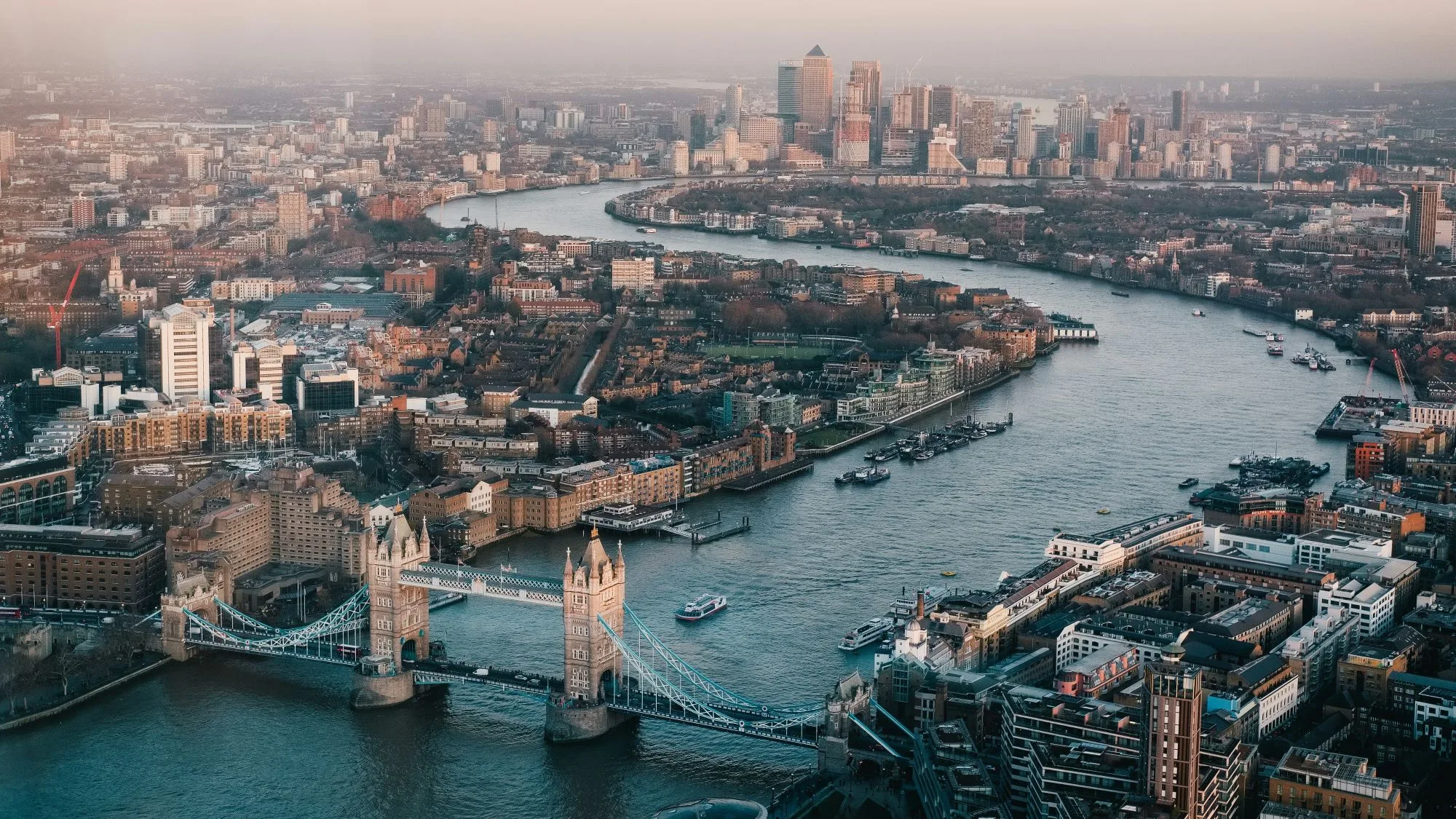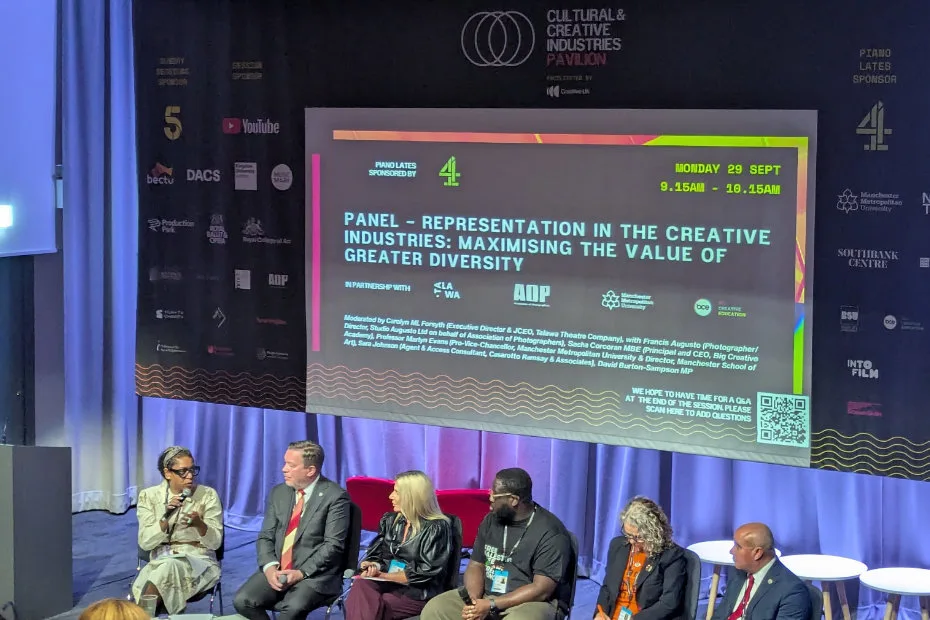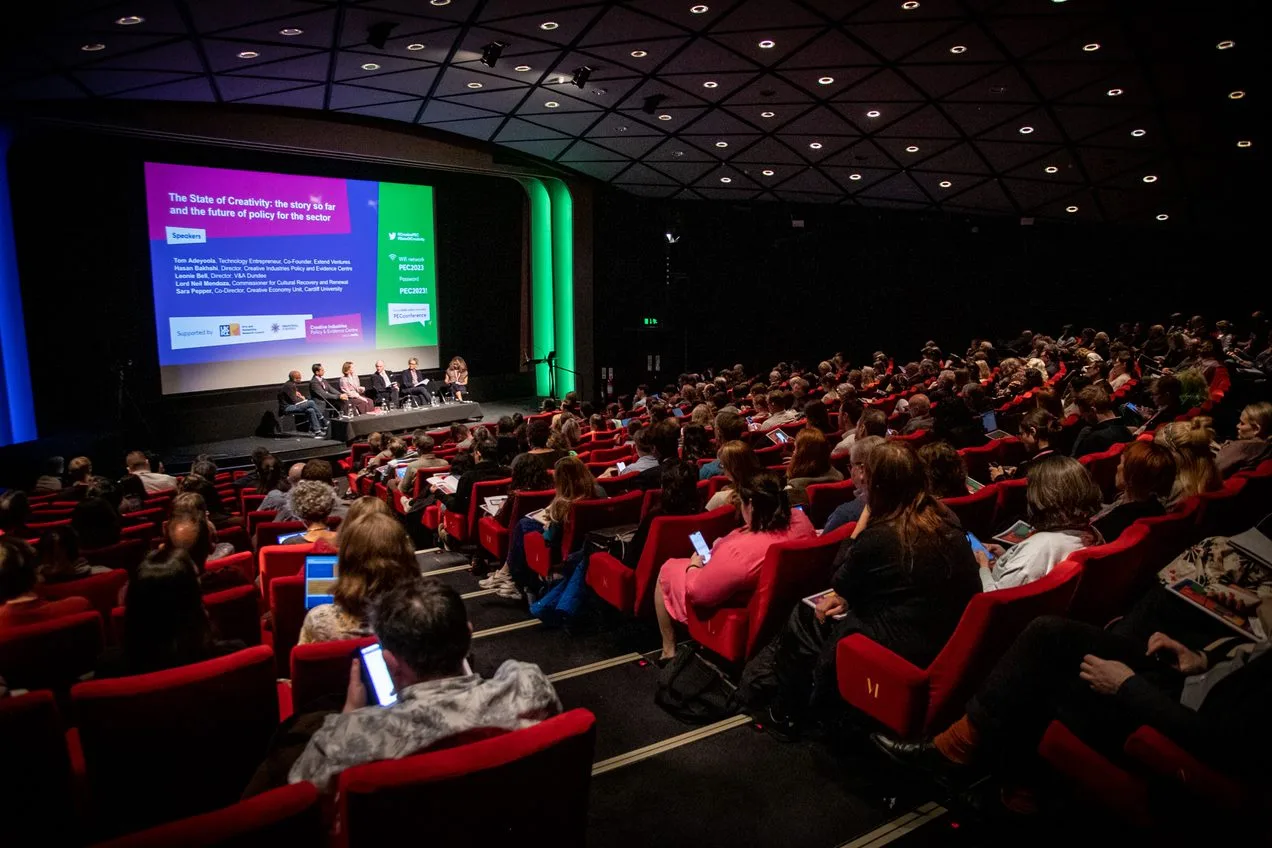Why the government, funders and creative industries should come together to support cultural consumption in the Covid-19 crisis
The world is at war against an invisible enemy. On the one side, we have health workers, doctors and nurses, and on the other a virus that has spread globally at a breathtaking pace.
Governments and scientists have focused on so-called non-pharmaceutical interventions (NPIs) to mitigate or suppress contagion and to buy time for a vaccine to be developed. Compared with the East, Western countries have been arguably slow in their initial response, forcing them to jump straight to full suppression strategies. Italy, among the worst-hit countries outside of China, has been the first to follow the Chinese example. After hesitating, most European countries, including the UK, have followed swiftly.
The current health imperative is to get people to stay at home, thereby avoiding social contact. Economist Ed Glaeser contrasts a financial crisis with a pandemic:
“[In a financial crisis] what you’re trying to do is shore up the financial system and then… make sure people are still working… During a pandemic, that’s not what you are trying to do at all… you’re trying to make sure everyone goes home… And so this is the time to write people checks.”
In the UK, the government has introduced a number of COVID-19 support measures to mitigate the economic consequences of the pandemic and to help people stay home, including covering wages for employees on temporary leave (furlough) and giving financial assistance to the self-employed. Similar schemes have been introduced in other countries around the world.
Despite being hit – perhaps even more so than in many other industries – creative businesses across the world are responding where they can with agility. Public service broadcasters are announcing new programming; museums and galleries are making their collections available online; publishers are giving away digital scientific articles, books and audiobooks, and festivals are becoming social-distance compliant by going virtual. Video games publishers are extending access to their games (in some cases putting pressures on bandwidth) and are helping to deliver safety messages too.
These examples illustrate the important point that the creative industries are helping people stay at home. To be successful, the NPIs have to be implemented for long and possibly intermittent periods. However, one of the main limitations of suppression strategies is “fatigue”. An early study of public health messaging in Italy during COVID-19 finds that the quarantine is already starting to have a toll on the mental health of the population. Nudging strategies based on appeals to comply in order to protect oneself and others are important, but may be subject to information overload and, eventually, reach their limits. The authors of the Italian study recommend that communications should move from explaining to citizens that they should stay at home to what they can do there.
In this vein, then, the creative industries can be a strategic sector in the “war” effort against the virus: keeping the nation educated, creative and entertained with radio and TV programmes, video games, filmed theatre, movies, art, books, music, podcasts and crafts. The idea of a wartime contribution from the UK’s creative industries is not new. In the second world war, BBC broadcasts like Radio Londra supported the Italian resistance. Once again, the UK’s creative industries can make a major contribution, but this time in the fight against COVID-19.
While the real heroes fight in hospital corridors, an army of creatives can help on the outside. As in the past, British creativity can help the fight not only in the UK but across the world. This requires the Government, funders and the creative industries to come together and think hard about new ways of promoting cultural consumption in the home in coming days and months, including, but not restricted to, investment in digital content development and distribution.
Photo by Annie Spratt
The PEC’s blog provides a platform for independent, evidence-based views. All blogs are published to further debate, and may be polemical. The views expressed are solely those of the author(s) and do not necessarily represent views of the PEC or its partner organisations.
Related Blogs
10 facts about Creative Industries growth potential
Discover ten key findings from the report 'High-Growth Potential Firms in the UK's Creative Industri…
Why London is investing in Creative Enterprise Zones
London Mayor Sir Sadiq Khan announces £2.2 million in new funding for Creative Enterprise Zones.
Research resources on Creative Clusters
We’ve collated recent Creative PEC reports to help with the preparation of your Creative Cluster bid…
What UK Job Postings Reveal About the Changing Demand for Creativity Skills in the Age of Generative AI
The emergence of AI promises faster economic growth, but also raises concerns about labour market di…
Creative PEC’s digest of the 2025 Autumn Budget
Creative PEC's Policy Unit digests the Government’s 2025 Budget and its impact on the UK’s creative …
Why do freelancers fall through the gaps?
Why are freelancers in the Performing Arts consistently overlooked, unseen, and unheard?
Insights from the Labour Party Conference 2025
Creative PEC Policy Adviser Emily Hopkins attended the Labour Party Conference in September 2025.
Association of South-East Asian Nations’ long-term view of the creative economy
John Newbigin examines the ASEAN approach to sustainability and the creative economy.
Culture, community resilience and climate change: becoming custodians of our planet
Reflecting on the relationship between climate change, cultural expressions and island states.
Cultural Industries at the Crossroads of Tourism and Development in the Maldives
Eduardo Saravia explores the significant opportunities – and risks – of relying on tourism.
When Data Hurts: What the Arts Can Learn from the BLS Firing
Douglas Noonan and Joanna Woronkowicz discuss the dangers of dismissing or discarding data that does…












